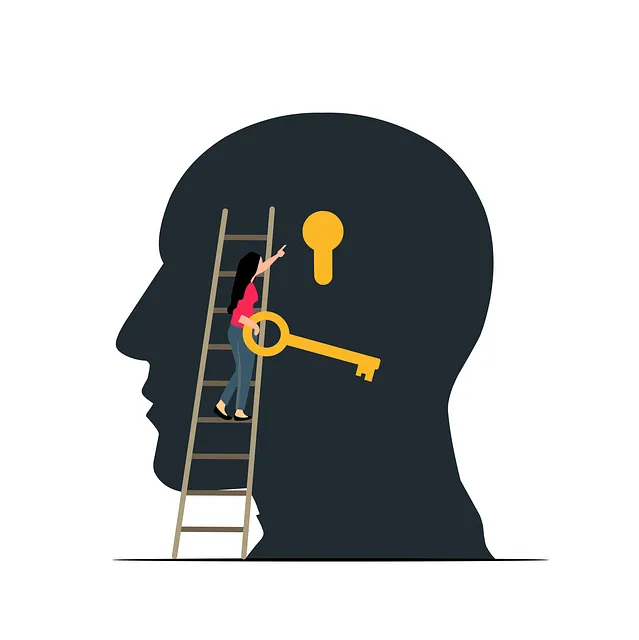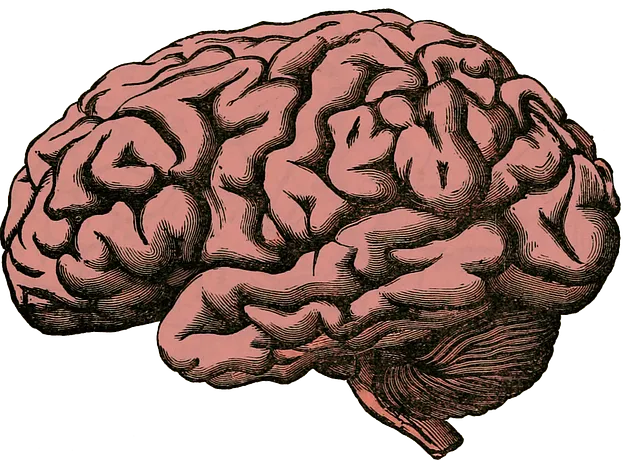Digital mental wellness apps are gaining popularity in communities like Lakewood as accessible and convenient ways to support mental health, similar to Kaiser's physical healthcare services. These apps offer personalized therapy, stress management techniques, and education programs through interactive tools like mood trackers and meditation guides, empowering users to manage their mental well-being. By integrating community outreach and resources from reputable sources, these applications foster a sense of belonging and address barriers to traditional therapy. Lakewood and Kaiser's contrasting models highlight the importance of digital integration and robust risk management practices in developing inclusive and secure mental wellness apps that improve access and care.
In today’s fast-paced world, mental wellness is a paramount concern. The rise of mental health apps like Lakewood and Kaiser’s innovative approaches to delivering support underscores the changing landscape of healthcare. This article explores the growing necessity for these applications, delves into their key features and functionality, and provides case studies highlighting how platforms like Lakewood and Kaiser are revolutionizing how individuals access mental health help. By understanding these trends, we can foster a more inclusive and supportive digital environment.
- Understanding the Need for Mental Wellness Apps
- Key Features and Functionality in App Development
- Case Studies: Lakewood and Kaiser's Approach to Mental Health Help
Understanding the Need for Mental Wellness Apps

In today’s fast-paced world, mental wellness has emerged as a paramount concern, with many individuals seeking accessible and convenient ways to maintain their psychological well-being. This need is especially evident in communities like Lakewood, where residents often face unique challenges that impact their mental health. Similar to how Kaiser offers comprehensive physical healthcare services, there is a growing demand for digital solutions that provide on-demand mental health support. Mental wellness apps cater to this demand by offering personalized therapy, stress management techniques, and mental health education programs designed to empower users with the tools they need to thrive.
These applications are not just trends; they represent a significant evolution in how we access psychological care. By integrating features like self-care practices and community outreach program implementations, these apps foster a sense of belonging and support that can be especially beneficial for those who may face barriers to traditional therapy services. Incorporating mental health education programs within these platforms ensures users receive evidence-based information tailored to their specific needs, making mental wellness app development a crucial component in improving overall community well-being.
Key Features and Functionality in App Development

In the development of a mental wellness app, key features should prioritize user engagement and accessibility. Incorporate interactive tools like mood trackers, journaling functions, and personalized meditation guides to empower users in managing their mental health. These features, aligned with evidence-based practices such as Compassion Cultivation Practices and Stress Reduction Methods, can significantly enhance the app’s effectiveness in promoting Inner Strength Development.
Moreover, integrating resources from reputable sources like Kaiser or local community support groups in Lakewood ensures that users have access to reliable mental health help within the app. Alerts for professional assistance, crisis hotlines, and virtual therapy sessions are valuable additions, reflecting a holistic approach to mental wellness app development.
Case Studies: Lakewood and Kaiser's Approach to Mental Health Help

Lakewood and Kaiser are leading examples of organizations that have pioneered innovative approaches to providing mental health help. Lakewood’s strategy involves integrating digital tools into their services, such as a Mental Wellness Podcast Series Production that offers accessible and engaging content for various mental health topics. This approach caters to diverse audiences, ensuring that help is readily available through modern media consumption. On the other hand, Kaiser focuses on comprehensive care by implementing robust Risk Management Planning for Mental Health Professionals. Their method involves meticulous risk assessment and mitigation strategies, guaranteeing a safe and supportive environment for both patients and healthcare providers.
By examining these case studies, developers can gain insights into effective mental health support systems. Learning from Lakewood’s digital integration and Kaiser’s comprehensive risk management can inspire the creation of inclusive and secure mental wellness apps, contributing to better access and quality of care in the field.
Mental wellness apps are revolutionizing access to support, as evidenced by successful initiatives like Lakewood’s and Kaiser’s. By incorporating key features like personalized therapy plans, mindfulness exercises, and community forums, these applications address the growing need for accessible mental health services. As technology advances, app development plays a crucial role in fostering better mental well-being on a global scale, offering practical tools to help users navigate their emotional journeys.






